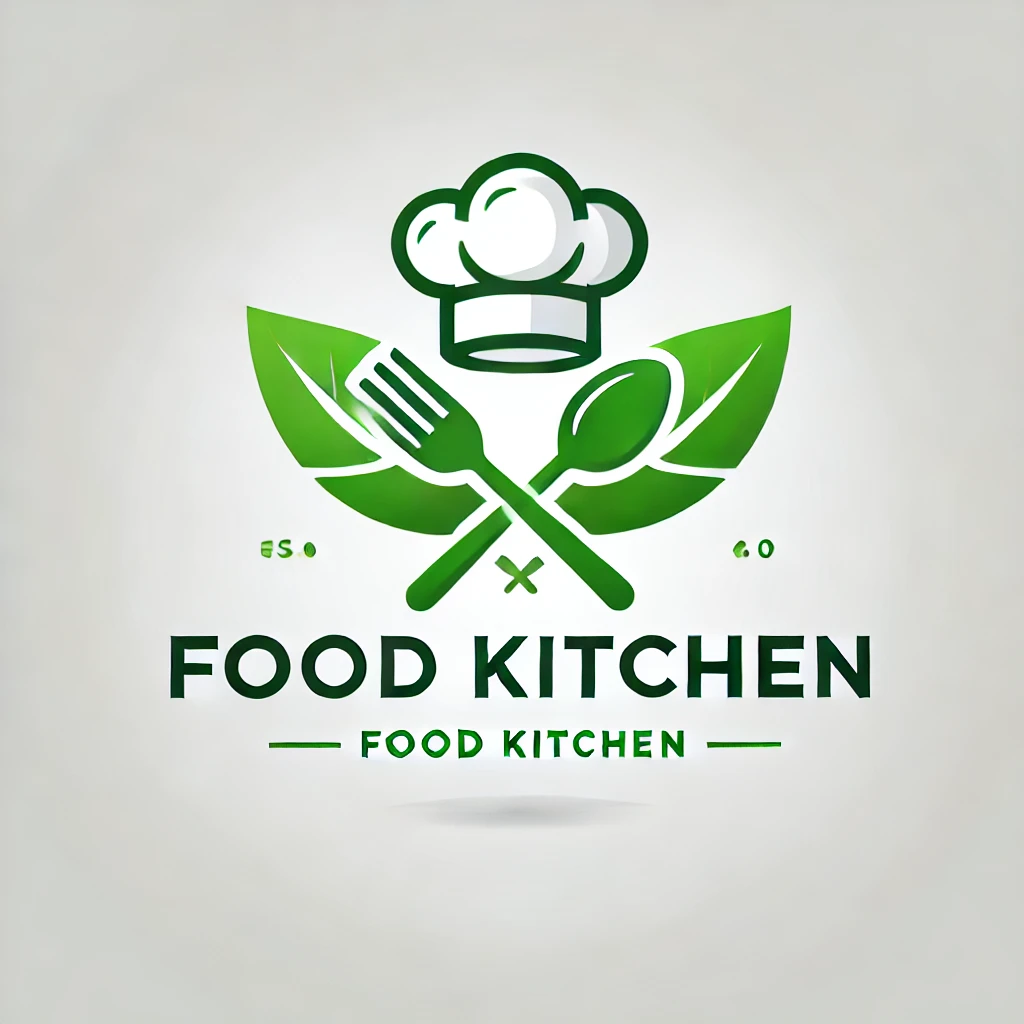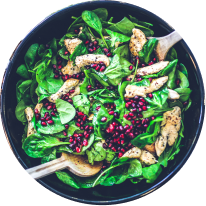Food Companies Tweak Recipes Amid Health Scrutiny and Political Pressure
Why Big Food is Changing Its Ingredients in 2024
In recent years, the food industry has increasingly come under scrutiny for the quality and nutritional content of its products. However, the pressure has escalated sharply in 2024, with political figures such as independent presidential candidate Robert F. Kennedy Jr. weighing in on food safety and corporate accountability. In response, major food companies are quietly reformulating their ingredients, signaling a significant shift in how America’s packaged and processed foods are made.
The Growing Demand for Transparency and Nutrition
Consumers are becoming savvier about what’s in their food. From ultra-processed snacks to sugary beverages, public sentiment has shifted toward demands for healthier and more natural ingredients. Modern shoppers frequently check labels for added sugars, artificial additives, and preservative content.
The Rise of Health-Conscious Consumers
The health and wellness movement has taken center stage across the U.S., with consumers willing to pay a premium for organic, non-GMO, low-sugar, and additive-free goods. According to recent industry reports, over 60% of Americans now actively seek out healthier foods, putting substantial pressure on manufacturers to clean up their product lines.
Government and Political Influence
Earlier this year, Kennedy voiced concerns about food safety, referencing studies that show links between highly processed foods and chronic health issues such as obesity, diabetes, and heart disease. His statements, though polarizing, amplified public awareness and sparked discussions about the role the government should play in regulating the food industry.
Behind the Scenes: How Food Giants Are Quietly Reformulating
Facing both customer demand and political pressure, many major food companies—including household names like General Mills, Kraft Heinz, and PepsiCo—are now taking action. The strategy? Modify recipes without making too much noise, all while preserving taste and profit margins.
Subtle Formula Updates
Instead of launching headline-grabbing “new and improved” labeling, many companies are subtly updating their product formulations. For example, cutting back added sugars in breakfast cereals, removing Red 40 and other artificial dyes, or finding substitutes for controversial preservatives like BHA and BHT.
This strategy helps companies maintain consumer loyalty while keeping watchdogs and regulators at bay. However, these quiet changes reveal that brands recognize the urgent need to prioritize health—even if doing so challenges their long-standing formulations.
Introducing ‘Clean Label’ Trends
“Clean label” is more than a buzzword: it’s a movement driving change throughout the food and beverage industry. It refers to products made with ingredients that are easy to recognize, pronounce, and understand. Clean label products typically avoid chemical additives, synthetic preservatives, and artificial flavors.
Popular brands have started emphasizing clean label transformations by tweaking recipes to align with this trend. For example, Hidden Valley recently launched new salad dressings with simplified ingredient lists, and Doritos is exploring plant-based colorants to replace synthetic dyes.
Political Rhetoric Meets Industry Reality
Robert F. Kennedy Jr.’s push for stricter food safety regulations may not have passed through Congress, but it left an undeniable impact. His campaign commentary sparked widespread media coverage and social media debates, effectively fueling the fire of consumer advocacy.
RFK Jr.’s Message to the Food Industry
Kennedy has positioned himself as a vocal advocate for transparency and sustainability, criticizing the cozy relationships between regulatory agencies and big food corporations. While his opponents dismiss his claims as exaggerated, they have nonetheless prompted closer inspections of food safety policies and industry self-regulation.
Legal and Legislative Implications
Alongside the political discourse, several bills have been proposed to mandate clearer food labeling and restrict the use of certain harmful additives. These legal shifts suggest the possibility of more formal regulations in the near future. Companies that act ahead of legislation are likely to be better positioned in a regulatory climate that demands accountability.
Consumer Reaction: Applause or Skepticism?
While many consumers welcome the changes, others are skeptical. Quiet reforms lead some to wonder whether brands are genuinely committed to health or simply trying to dodge bad publicity.
The Importance of Transparency
Consumers want to know not just that products are healthier, but why and how they’ve improved. As information about reformulated ingredients becomes public, brands that clearly communicate their improvements often find more loyal customers. Transparency in labeling, clear health claims backed by evidence, and authentic marketing are crucial to gaining consumer trust.
The Rise of Food Advocacy Influencers
Social media platforms have given rise to a new generation of food advocates who track, challenge, and celebrate changes in the food system. From TikTok nutritionists to Instagram health gurus, these influencers play a crucial role in exposing ingredient controversies and promoting cleaner alternatives. They’ve also become instrumental in holding corporations accountable—and in rewarding those that rise to the occasion.
Looking Ahead: What This Means for the Future of Food
The current wave of ingredient reform doesn’t just reflect a passing trend—it signals an evolution in food manufacturing that acknowledges health, sustainability, and consumer empowerment.
Broader Implications for the Market
Companies that embrace this evolution will likely find themselves ahead of the curve, especially as health-conscious millennials and Gen Z consumers become the dominant market force. At the same time, brands that resist change or attempt to deceive the market may find themselves facing backlash or losing market share.
Tips for Health-Conscious Shoppers
If you’re looking to avoid harmful additives and prioritize nutritious choices, here are a few tips:
- Read the ingredient list—not just the nutrition label.
- Look out for artificial dyes, preservatives, and sugars.
- Choose whole and minimally processed options whenever possible.
- Engage with brands on social media to ask questions and give feedback.
Conclusion: The Health Revolution is Here
What began as grassroots demand for better nutrition is now echoing through corporate boardrooms and political debates. RFK Jr.’s public advocacy may have played a catalytic role, but it ultimately reflects a larger societal shift toward health, transparency, and better living through informed choices.
As food companies adapt their recipes and packaging to meet these standards, one thing is clear: the future of food is changing. Whether through political pressure or consumer demand, Big Food is being forced to put health on the menu—and that’s a recipe everyone can benefit from.













